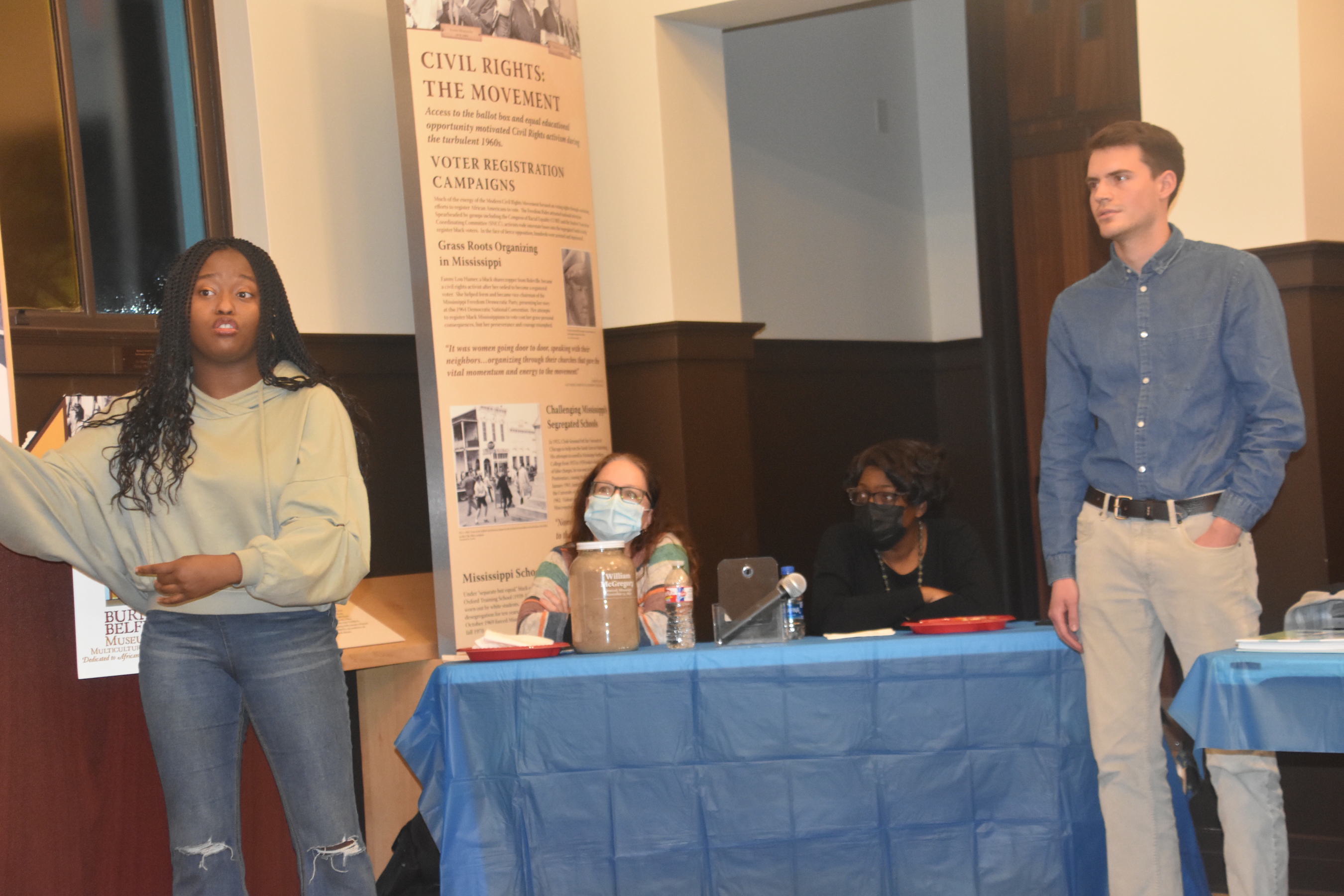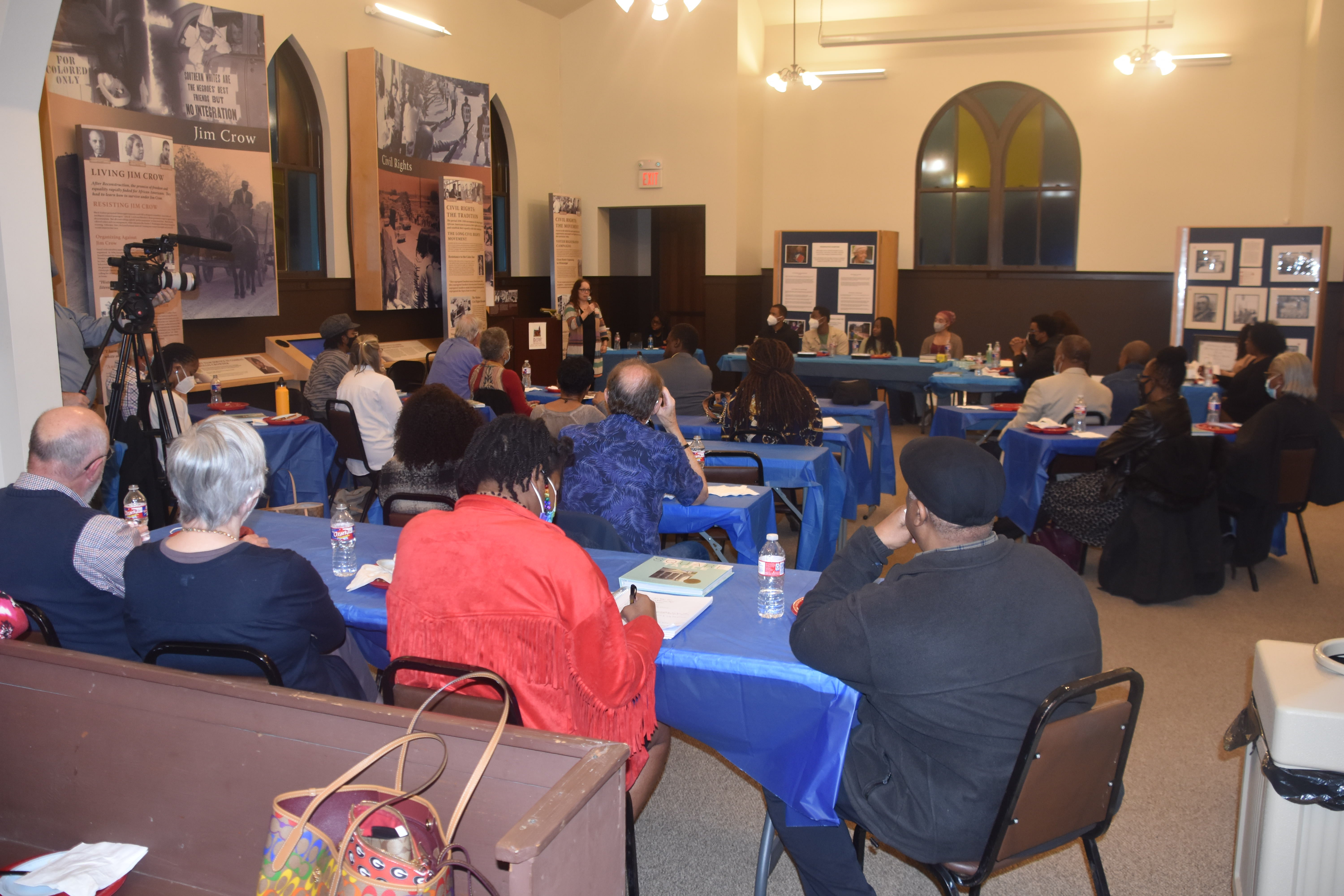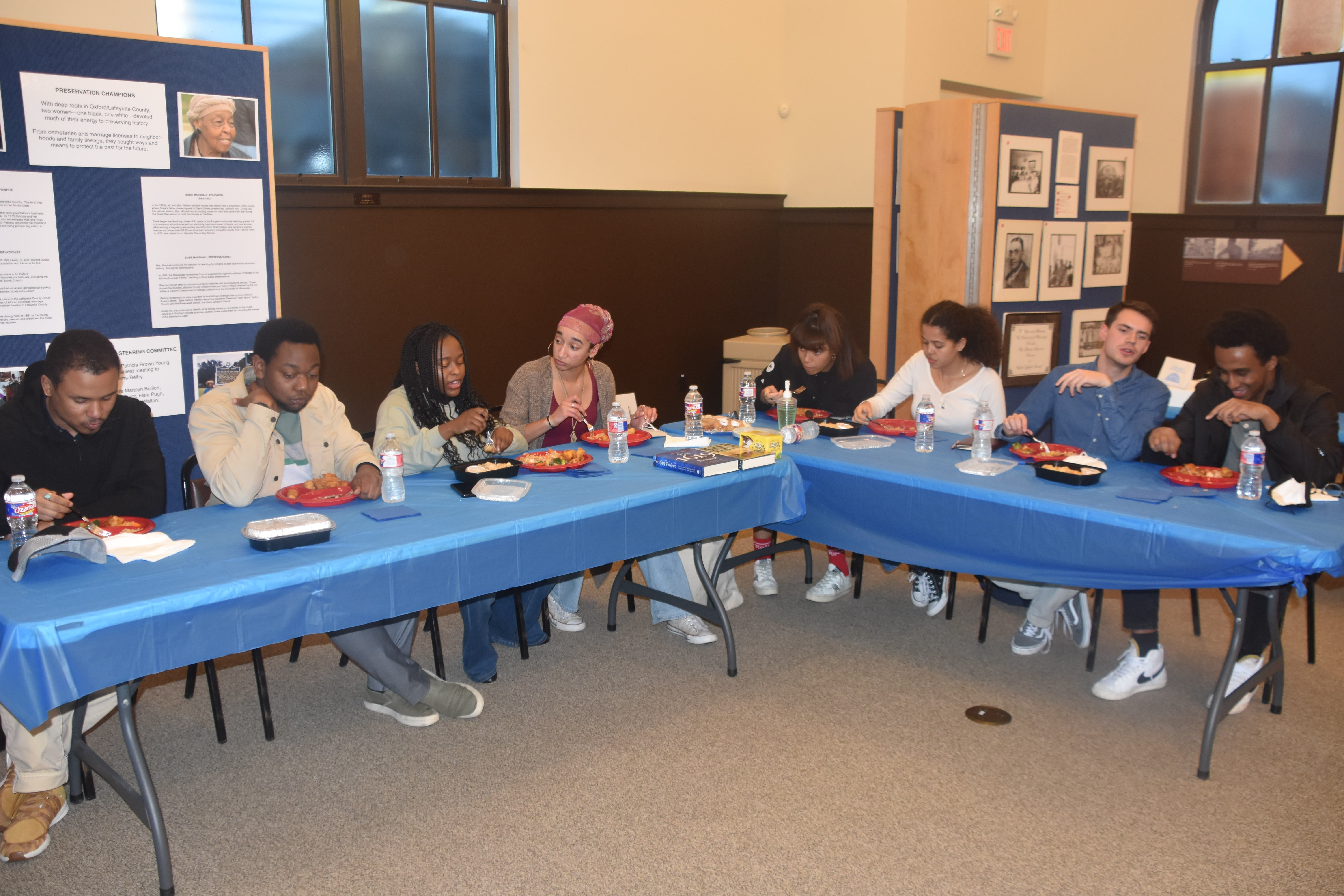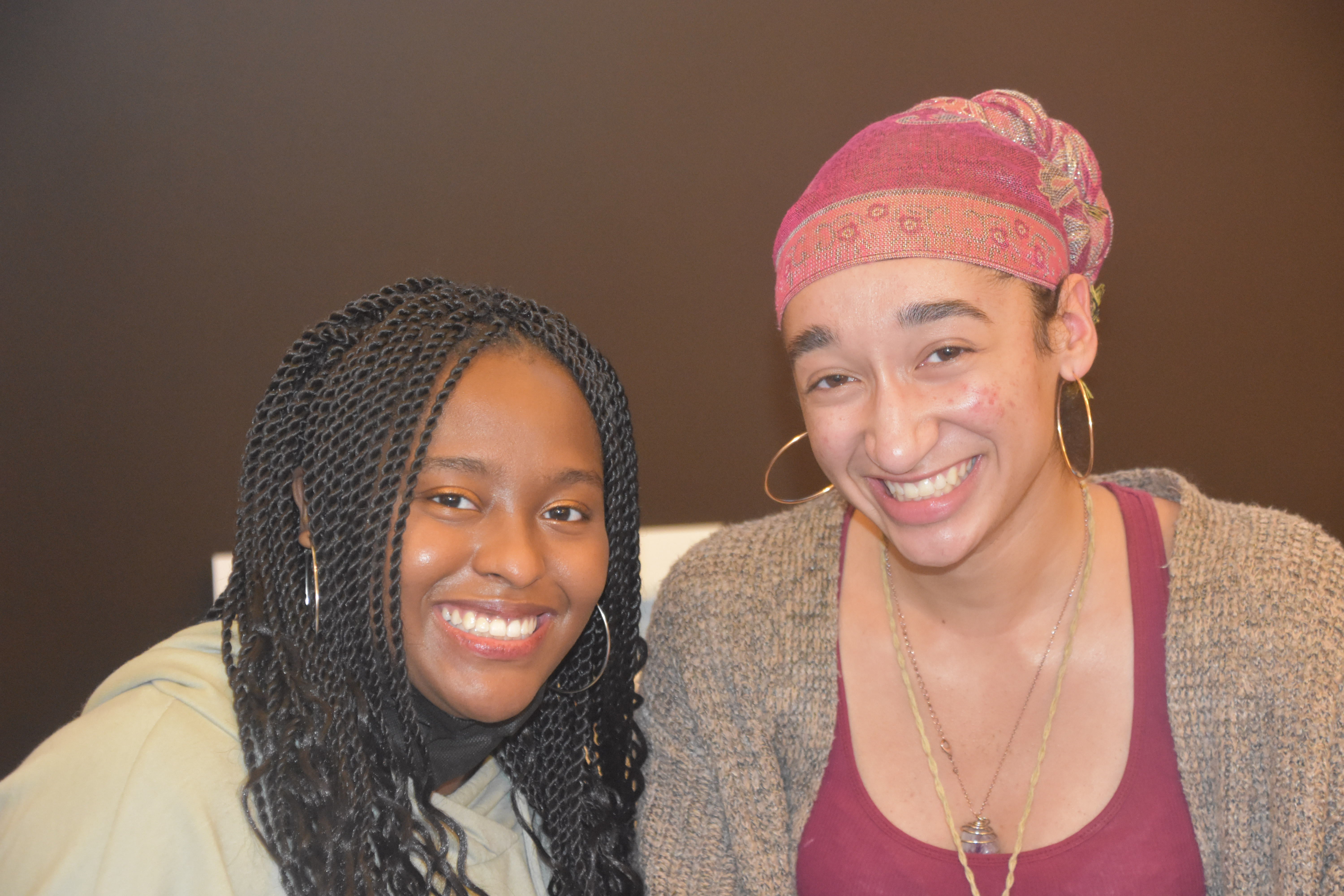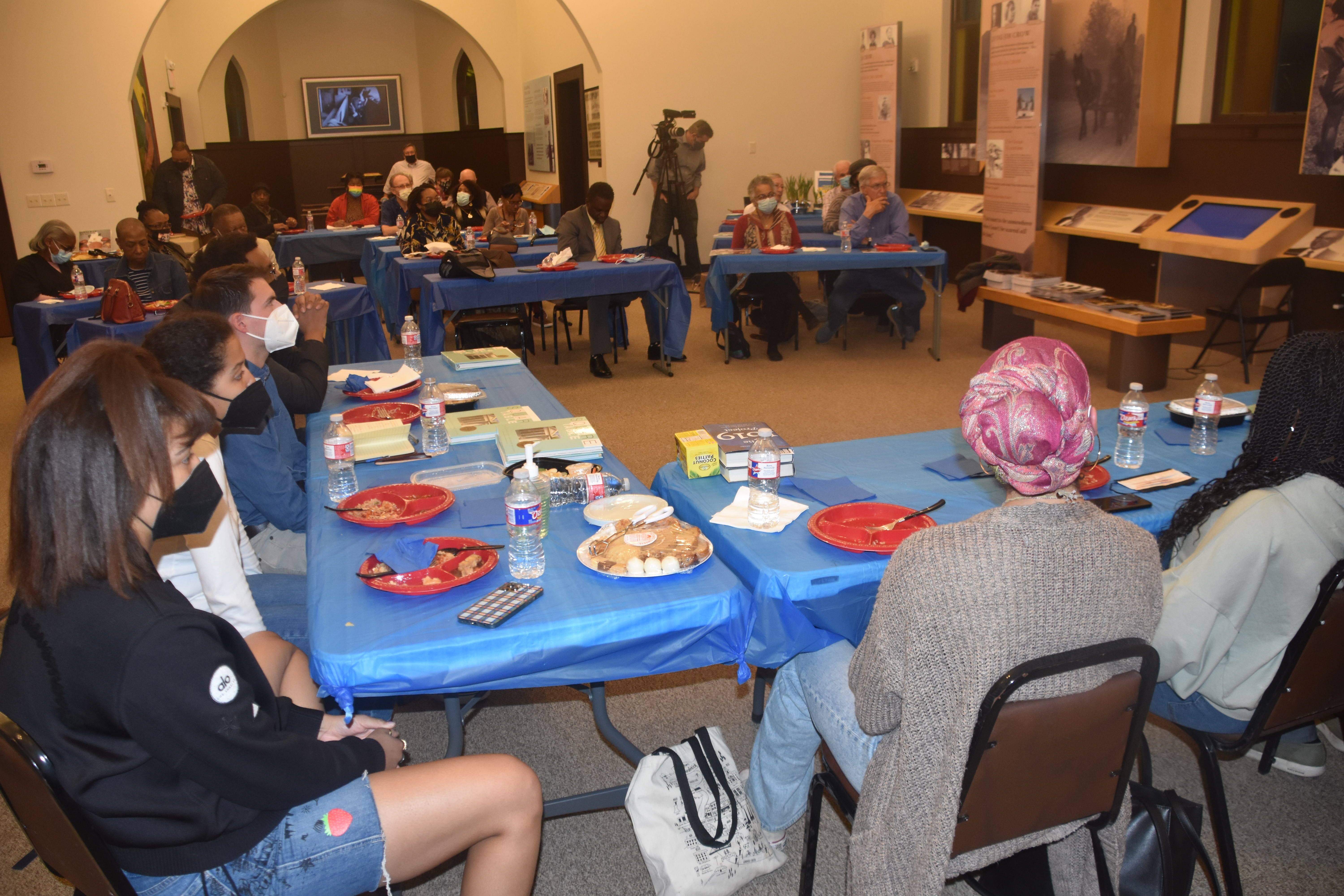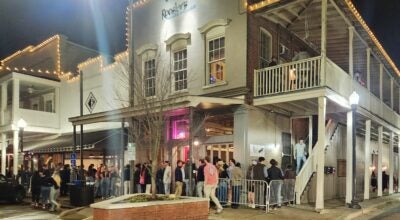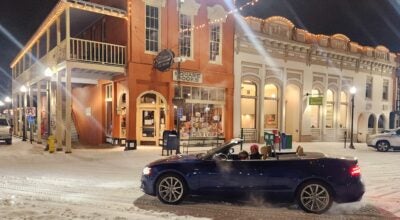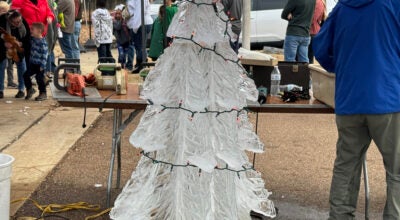The Next Generation: LCRP discuss race, activism with Georgetown students
Published 4:45 pm Friday, March 11, 2022
One small group of Georgetown University students sat before the Lafayette County Remembrance Project committee to discuss the impacts of slavery, racism and lack of initiative from different organizations that have influenced their activism.
The discussion took place in Burns-Belfry Museum & Multicultural Center, which is not only a historically important place for Black people but a community space that lends more importance to what both groups explored on Thursday evening. One generation of local activists exchanged knowledge with a younger generation in their beginning stages of life-long activism.
“It’s about passing down information inside of a sanctuary like this,” local activist and LCRP member Effie Burt. “It’s about hope for tomorrow. Our remembrance committee shows hope for tomorrow because it’s not all White, it’s not all Black. It’s a mixture of people who decided to come together to work and to restore information that was left out.”
Uncovering untold history and bringing hope into the future is what brought seven GU students and one faculty member to partner with LCRP.
The cohort consisted of GU Student Association President Niles Blass, history and education major Phil Scholer, GU’s associate director of racial initiatives Lionell Daggs III, political economy and history major Kelvin Doe, women/gender studies and government major Olivia Henry, English and African-American studies major Bianca Jenkins, international studies major Saba Alfred and economics major Aman Nasser.
Members took an inclusive history tour of Oxford with Rhondalyn Peairs, local historian and the founder of HISTORICH — a tourism and educational service company, before meeting with LCRP and guests at Burns-Belfry.
Blass and Scholer took the lead after introductions to explain what they’ve experienced on their journey from Georgetown to Oxford in light of the GU272 Referendum. Descendants of the 314 enslaved people sold by Georgetown University were not paid despite the school’s promises to launch a $400,000 reconciliation fund.
“To me, reconciliation is an ‘I’ve done a wrong, you’ve done a wrong,’” said Scholer. “What happened with slavery in the U.S. has to be reparations worthy. It has to be Georgetown admitting what they’ve done wrong and giving back resources, giving money and giving back land.”
What followed the discovery according to Blass and Scholer, was the decision to fight back against the school’s “deliberate and intentional action” to suppress descendants’ voices.
“Those in power have always wanted to ensure us that everything is OK,” said Scholer. “That the status quo is the only status that we should know and that goes back all the way to reconstruction when they said this new South is arising, but as Ida B. Wells said the new South looks a lot like the old South. The lies that they are telling us that everything is OK right now has been a long story and a dangerous story.”
“What I think this kind of trip has been doing and what our work has been doing is [show] that there is no community without us,” said Blass. “We have to look beyond ourselves and we have to, not even take responsibility because it’s not the ownership of the students, but witnessing injustice comes with the responsibility to speak on it especially if we stand to benefit from it.”
Blass has local roots in Oxford and Lafayette County. As the granddaughter of Burt, Blass has inherited the activist mindset and spirit.
“From my grandmother to my mother, and not even just on my maternal side here in Oxford but on both [sides], it’s just been a history of advocacy,” said Blass. “[It’s] not accepting the unacceptable and pushing forward with intention, with purpose and with dedication to a cause larger than oneself.”
“The Bible says don’t be proud,” said Burt, “but to be blessed and to say that God has made a way by putting this lightning and this ambition in kids — in my granddaughter? I can sit back and just be thankful that she’s carrying that on. I know we’ve got eight people that are going to touch the world. That’s what’s wonderful to me.”
The GU Student Body President stated she attempts to embody it at Georgetown and to inspire others who come after her like her fellow students.
It is very easy for people in the present to box things into the past and present, what is and what was, according to Blass. But the past informs a lot of how Black people live in the present.
“There’s a lot of connective tissue from who was hosting Black communities — like Molly Barr in that communal space and that land and the ownership of Black and Brown people in the city— to the artists that were able to form and maintain themselves in Oxford,” she said. “There is so much tissue based in how the Black community was able to live in Oxford, to build a community and to thrive despite the obstacles.”
Blass and Scholer plan to graduate this year but the event will be contentious for both.
To Blass, it’s OK to love where you are from but that patriotism means a lot more if accept the good parts as well as the bad.
“It’s a more substantive act to know and love a place that has done wrong to you or done wrong to the people around you and understanding that in order to come out better as a people and as a community,” said Blass.


